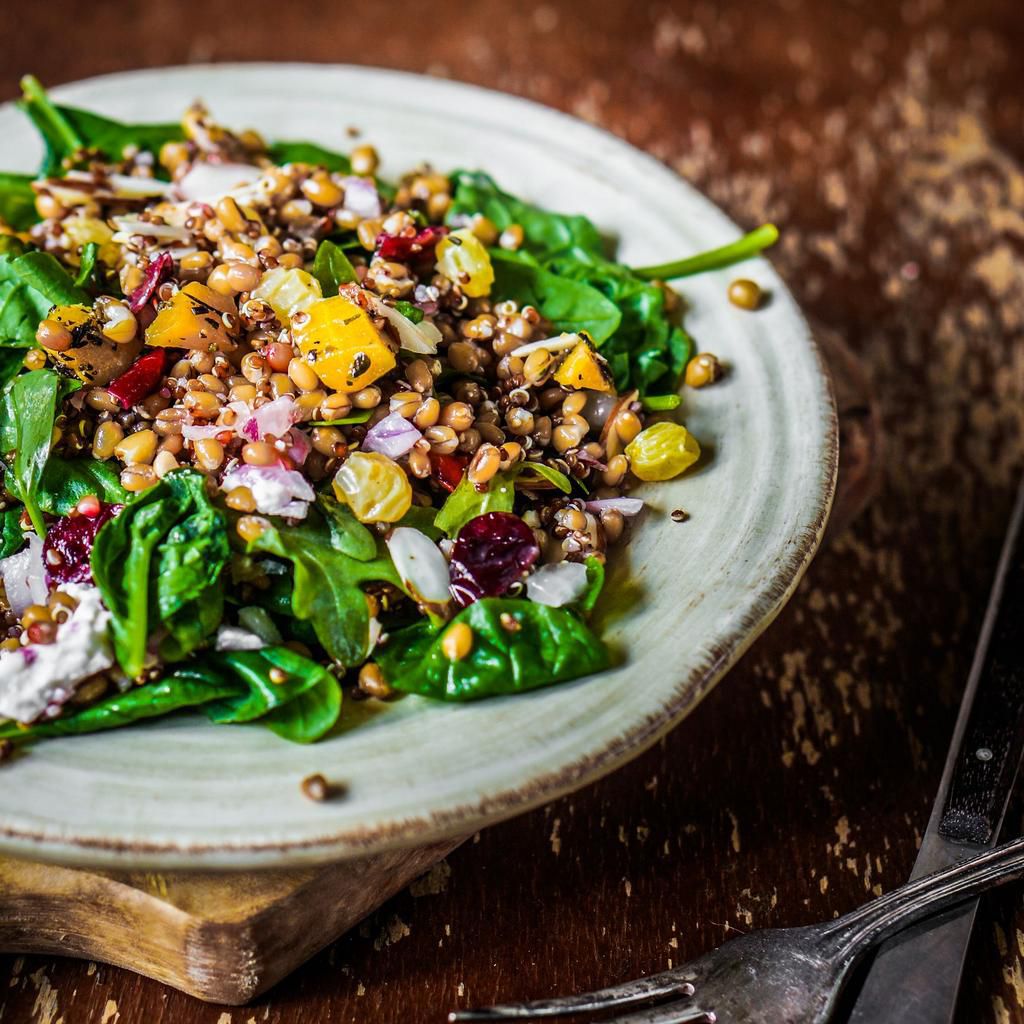You Eat Clean. Work Out. Then Why is Your Cholesterol High?
)
In most people, regular exercise and a healthy diet will lower cholesterol levels. Unfortunately, lifestyle changes frequently arent enough. Sometimes, its because people cant commit to the radical changes needed. A vegan, plant-based diet offers the best shot at getting your cholesterol way down, but few are unwilling to stay away from animal products altogether. (Were looking at you, cheese. So very, very longingly.)
In many cases, your genes also conspire to keep your cholesterol levels high. If you have a family history of high cholesterol, its possible no lifestyle change will ever get your levels into a healthy range. So what should you do? If your cholesterol level remains high despite the healthiest diet you can tolerate, youll have to decide whether you should take medicine.

Who should consider meds
If you fall into any of these categories, statins are likely to provide a significant benefit (i.e. longer life, and much lower risk of heart attack or stroke), so talk with your doctor about them if:
You already have plaque in your arteries.
Your LDL target will be even lower than 130 it should be at least under 100 mg/dL, and ideally under 70 mg/dL.
You have diabetes.
Anyone with diabetes over the age of 40 should take a statin, since chronically high blood sugar greatly increases your risk of developing heart disease.
Your LDL is super high (>190 mg/dL).
You're a time bomb. Statins will likely drop your levels way down into a safer zone.
Your age, blood pressure, smoking history, and cholesterol numbers point to a high chance of trouble.
Even if you dont meet the above criteria, you may still have a high risk of developing a heart attack or stroke. Docs figure out how high using calculators that estimate your 10-year risk of having heart disease. (If you know your blood pressure and cholesterol numbers, you can plug them in here .) If your ten-year risk is more than 7.5%, youd likely be safer with a statin.
Your arteries are filled with calcium.
If the calculator pegs your risk in a lower range, but youre still concerned (e.g., every one of your male relatives has had a heart attack), you can get a scan to further assess your risk. A CAT scan of your heart, for example, can quantify its calcium burden, or score, and very abnormal results indicate a more urgent need to lower your cholesterol.
So what medication should you take ?
Statins are, by far, the best and most-studied medications for lowering cholesterol. On average, they lower the risk of heart attack or stroke by 20 to 30 percent.
Although statins have a reputation for causing muscle aches, these concerns have been greatly overblown. In controlled experiments, statins cause cramps only slightly more often than sugar pills. Furthermore, fewer than one in five hundred patients experience actual muscle problems, and even fewer need to stop treatment.
In addition, high statin doses have been associated with a very small increase in the risk of developing diabetes (about 1 in 200), yet most doctors feel that this risk is far outweighed by the protection against heart attacks and strokes. Oh, and youll also have to give up grapefruit juice. It raises statin levels in your blood. Were sure you can handle that.
Any options besides statins ?
Statins have such well-documented benefits that other medications are typically used only as second-line treatments theyre brought on board because your cholesterol remains high even with optimal diet and a statin, or because you have intolerable side effects from statins. What you might get:
- A pill called ezetimibe (Zetia); this is the most common alternative. This medication blocks absorption of cholesterol from your intestines and can further lower your LDL level.
- A newer-and much more expensive-class of medication known as a PCSK9 inhibitor (alirocumab (Praluent) and evolocumab (Repatha)), may be used if Zetia fails. These medications increase the amount of LDL your liver pulls out of your bloodstream. The effects are profound, as your LDL levels can easily drop by more than 50 percent. The side effects are also minimal. Indeed, if these medications were inexpensive pills, wed probably recommend them for nearly all adults. Unfortunately, they are still quite pricey and also can only be taken as injections, about once every two or four weeks.
What about omega -3 s , fish oil , and niacin ?
These target triglycerides, which are also measured in the standard cholesterol panel. Triglycerides arent the same as cholesterol, but high levels have also been associated with heart disease and stroke.
Although omega 3 fatty acids (found in fish oil) and niacin can lower triglyceride levels, they havent been convincingly shown to lower the risk of heart attack or stroke. Although one recent experiment of a highly-purified fish oil did show some benefits in high-risk individuals, it also had some negative effects (like an increased rate of abnormal heart rhythms). As a result, doctors arent totally sold yet.

)
)
)
)
)
)